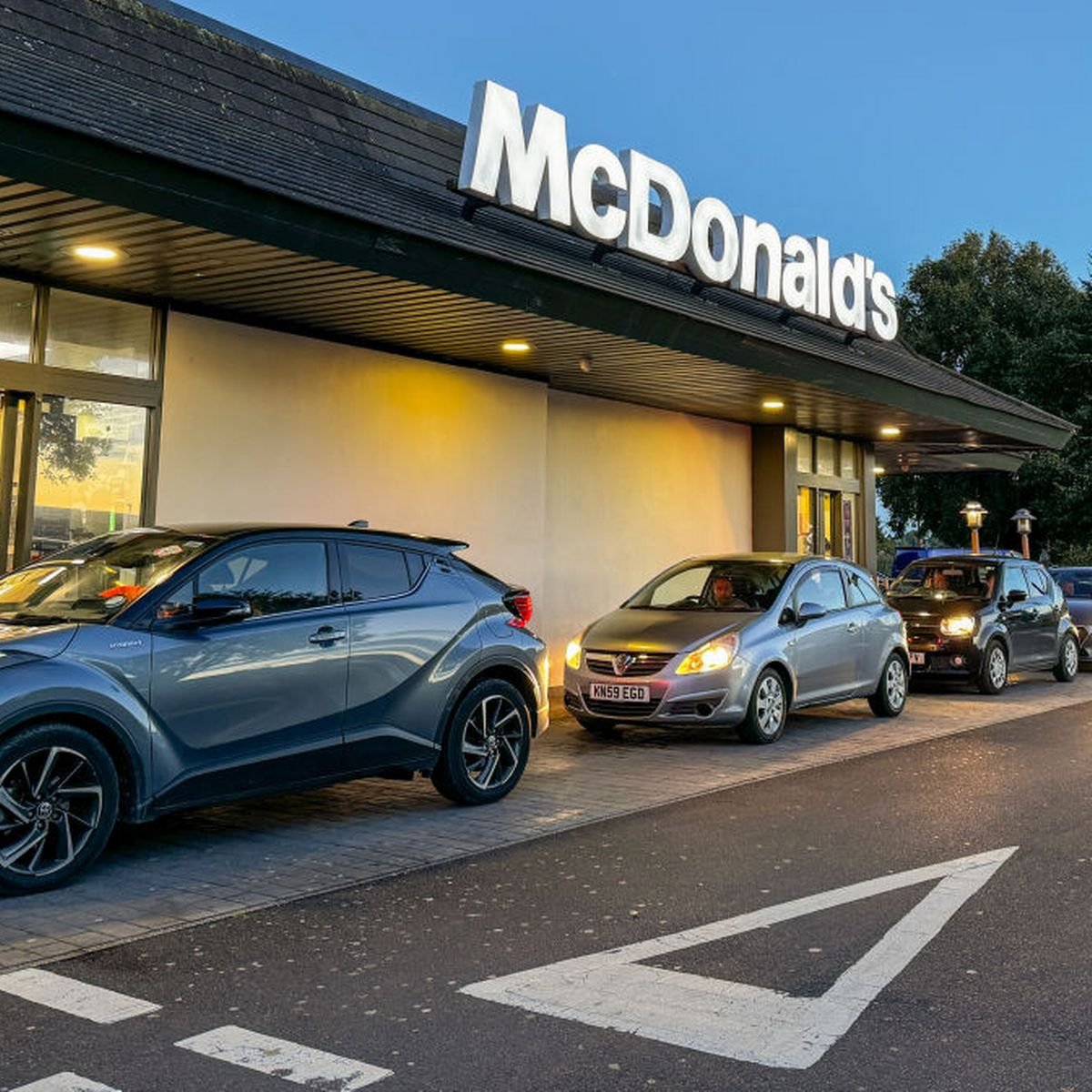Fast food employees often face a rush of customers, long hours, and high expectations. A surprising revelation has recently surfaced from a McDonald’s employee: “McDonald’s worker reveals customers who greet them may be ignored.” This unexpected insight has sparked discussions across social media, raising questions about customer service, work culture, and employee behavior within the fast food industry.
The Unexpected Revelation
An anonymous McDonald’s crew member took to a popular social platform to confess that even polite customers—those who greet staff—may not receive immediate attention. This comment gained traction quickly, as it contradicted the general belief that courtesy leads to better service. The revelation highlighted a more complex dynamic between staff and customers, far removed from surface-level politeness.
Why Are Polite Customers Ignored?
Several factors may explain why employees sometimes disregard customers who approach them courteously:
- Work Overload: Employees are frequently juggling multiple tasks—taking orders, preparing food, and cleaning. When overwhelmed, even polite greetings can go unnoticed.
- Scripted Procedures: Many fast food chains train workers to follow specific scripts. Any deviation, such as an unsolicited greeting, might be mentally filtered out during busy periods.
- Emotional Fatigue: Constant interactions can lead to emotional exhaustion. In such states, even positive social cues may be missed or ignored unintentionally.
Consequently, even if a customer greets an employee warmly, it doesn’t guarantee faster service or extra attention.
Customer Expectations vs. Reality
Most customers assume that friendliness will foster mutual respect. The idea that a “McDonald’s worker reveals customers who greet them may be ignored” challenges that assumption. However, from the employee’s perspective, politeness may not always be enough to cut through the chaos of a fast-paced work environment.
While a greeting shows kindness, it may not always translate into meaningful engagement when staff members are stretched thin and operating under time constraints.
The Role of Corporate Training
Corporate training programs often emphasize efficiency over personal interaction. Employees are coached to:
- Prioritize speed over conversation.
- Follow rigid service steps.
- Maintain composure even under stress.
As a result, customer greetings might not hold much weight unless explicitly tied to the order-taking process. This systemic focus on performance metrics contributes to the indifference that some patrons perceive.
Public Reaction to the Worker’s Confession
The admission that “McDonald’s worker reveals customers who greet them may be ignored” triggered mixed responses online:
- Some customers felt disappointed, believing that their respectful behavior should matter.
- Others, especially former or current fast food employees, empathized with the stress behind the counter.
- A few suggested that customers should manage expectations and understand that politeness doesn’t always equate to prioritization.
These diverse reactions underscore the gap in understanding between service workers and patrons.
Bridging the Disconnect
To foster mutual respect and smoother interactions:
- Customers can continue being courteous without expecting special treatment.
- Employees may strive to acknowledge polite gestures when possible, even if briefly.
- Managers should consider reinforcing interpersonal skills in training without compromising efficiency.
Ultimately, bridging the emotional disconnect could improve the atmosphere in fast food environments.
Not a Rule, But a Reality
It’s important to note that not all McDonald’s employees behave this way. The statement that “McDonald’s worker reveals customers who greet them may be ignored” reflects a personal experience, not an institutional policy. However, it reveals the human side of fast food service—one often overlooked by both the public and corporate frameworks.
Final Thoughts
In a high-pressure setting like McDonald’s, courtesy doesn’t always result in instant recognition. The insight that a “mcdonald’s worker reveals customers who greet them may be ignored” offers a deeper understanding of the challenges faced by fast food employees.
Rather than discouraging politeness, this reality serves as a reminder to practice patience and empathy. A friendly “hello” may not always yield a response, but it can still contribute to a more respectful culture—for both staff and customers alike.
